The lifestyle changes triggered by the pandemic are likely to have a lasting effect on the housing market, pushing property prices permanently higher.
That’s the view of the Halifax; its latest index shows that average home now costs £262,954, up 0.7 per cent from July and 7.1 per cent over 12 months. The typical home is now £23,600 more expensive than a year ago.
Halifax managing director Russell Galley says these prices are here to stay: “Much of the impact from the stamp duty holiday has now left the market, as highlighted by the drop in transaction numbers compared to a year ago.
“However, while such government schemes have provided vital stimulus, there have also been other significant drivers of house price inflation … such as the demand for more space amid greater home working. These trends look set to persist and the price gains made since the start of the pandemic are unlikely to be reversed once the remaining tax break comes to an end later this month.”
“Average house prices climbed again in August, with the cost of a property increasing by 0.7 per cent or £1,789. Back-to-back monthly price gains have now pushed the cost of a typical home to a record of £262,954, topping the previous high recorded in May this year.
“Given the rapid gains seen over the past 12 months, August’s rise was relatively modest and the annual rate of house price inflation continued to slow, hitting a five-month low of 7.1 per cent versus 7.6 per cent in July.
“However, compared to June 2020, when the housing market began to reopen from the first lockdown, prices remain more than £23,600 or 9.9 per cent higher.”
Although the absolute average hit a new high in these latest figures, the trend is for house price growth to be slowing - Wales is the only part of the UK where annual house price inflation is in double figures, at 11.6 per cent.
The South West of England is also still experiencing strong growth at 9.6 per cent, reflecting the continuing popularity of this region throughout the pandemic. Northern Ireland has seen annual house prices rise at 9.3 per cent and Scotland is on 8.4 per cent.
Greater London continues in the slow lane - relatively speaking - with just 1.3 per cent growth in the year to August.
This is what industry leaders have to say about the latest index.
Jeremy Leaf, north London estate agent and a former RICS residential chairman: “In one way, record price rises in August are surprising now that the larger discount available from the stamp duty holiday is behind us. On the other hand, these prices are as much to do with stock shortages and cheap mortgage finance as activity. Just as interesting is that the pace of increase is dropping and bears out what we have been seeing in our offices.
“Market strength has not run its course and we’re finding pent-up demand is alive and well, resulting in plenty of transactions albeit at a lower level than we saw a few months ago.”
-
Iain McKenzie, chief executive of The Guild of Property Professionals: "For all the speculation about what would happen when the stamp duty holiday ended, these figures look like business as usual for a jaw-dropping year for house prices.”
-
Twindig PropTech platform founder and market analyst Anthony Codling: “UK house prices are now at record highs, some £24,000 higher than March 2020 when the UK entered its first lockdown. Whilst some may be worrying about a stamp duty bubble, we believe the move to working from home will underpin housing demand.
"Large numbers continue to look for more space to facilitate working from home and countless others are looking for additional homes to accommodate the emerging hybrid working from home model of two to three days in the urban office and two to three days in the rural or coastal idyll. Meanwhile, the number of homes for sale is not meeting demand and the outlook for prices is up not down.”
-
Tom Bill, head of UK residential research at Knight Frank: “Like a bad Hollywood blockbuster, the UK housing market looks like it will have a predictable finale this year after an explosive start.
“Demand remains robust and the economic backdrop increasingly has a feel-good factor as Covid disappears into the rear-view mirror. The key question is by how much supply picks up as autumn approaches. We expect seasonality and needs-driven buyers to play an important role in driving supply higher, which should start to curb house price growth. We therefore expect to end the year in single digits.”





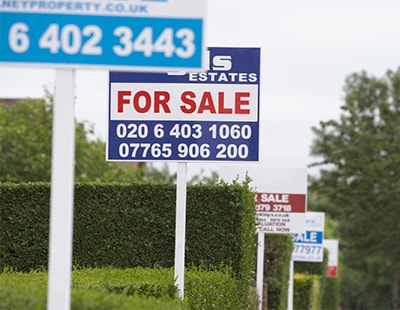
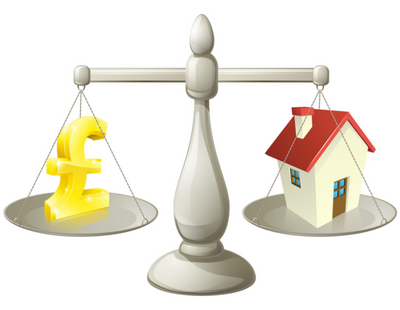
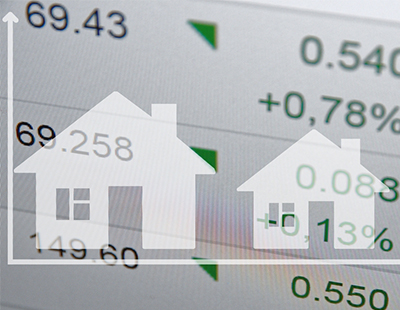
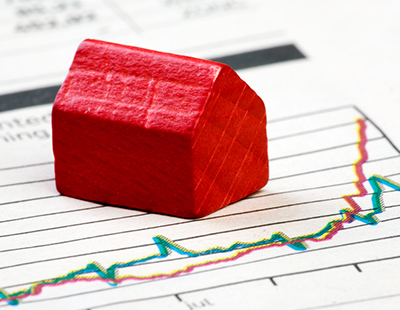
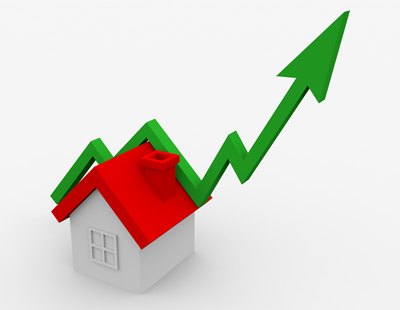









%20A%20property%20tale%20for%20our%20times.png)








Join the conversation
Jump to latest comment and add your reply
Covid has nothing to do with it. Over the years the prices have been climbing up, sometimes smoothly sometimes steeply. The only reason is easy money. People have come to realise that if they buy a property and rent it out they can make a really comfortable living for themselves. More properties equals better living. This is happening not only in the UK but all around the world.
Drastic solution: A person or a company should be allowed to buy maximum of 2 properties
Ibrahim, covid had a lot to do with it. Thousands have and still work from home and want to live and work in a better environment. Working from home in a one bedroom flat is grim. Also just think of the tax a rental property earns for the country. Stamp duty on purchase, tax on rental income, capital gains tax on sale. You are also providing a home for someone/a family.
Please login to comment